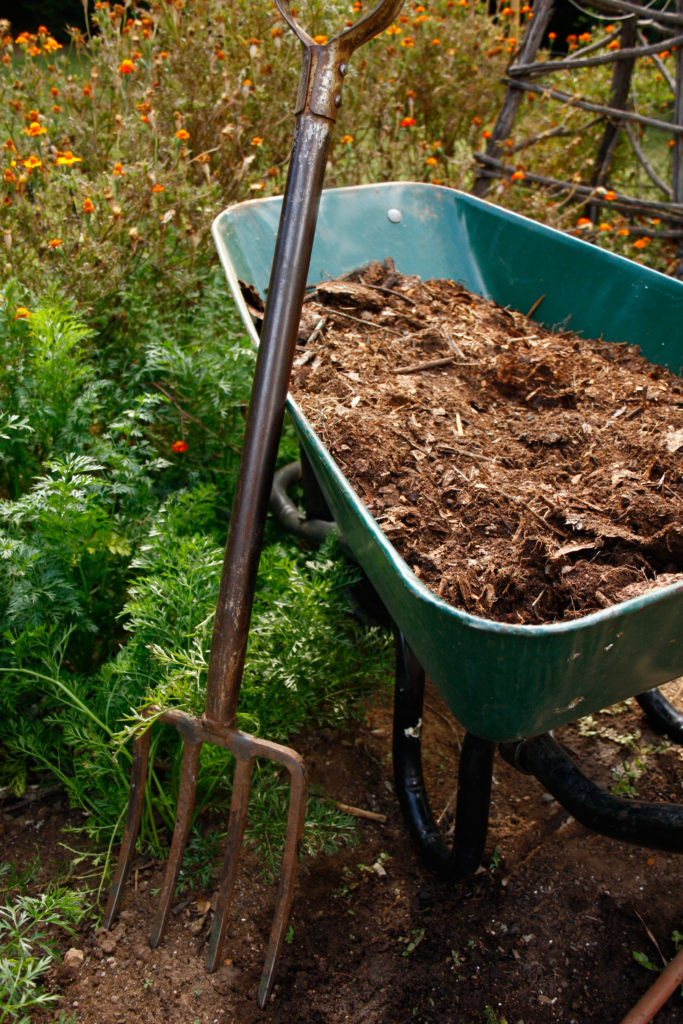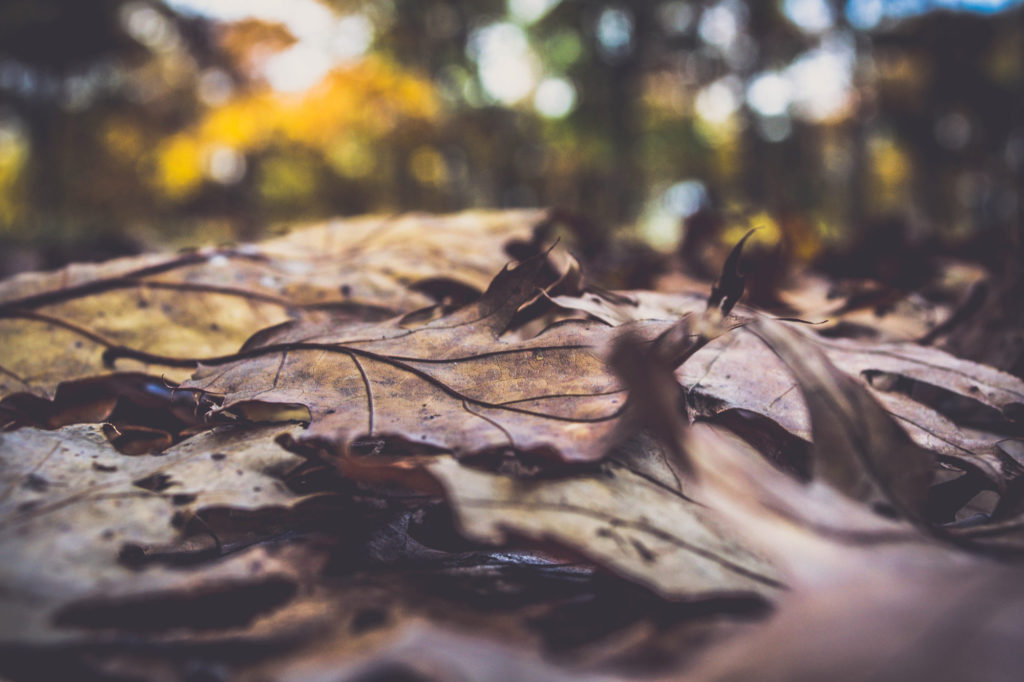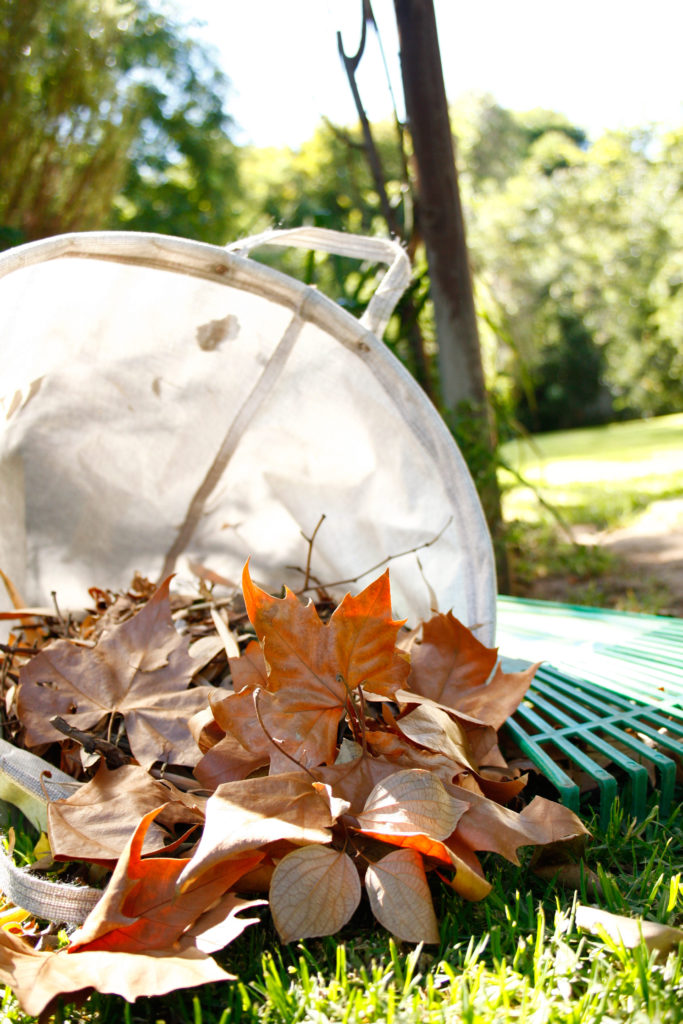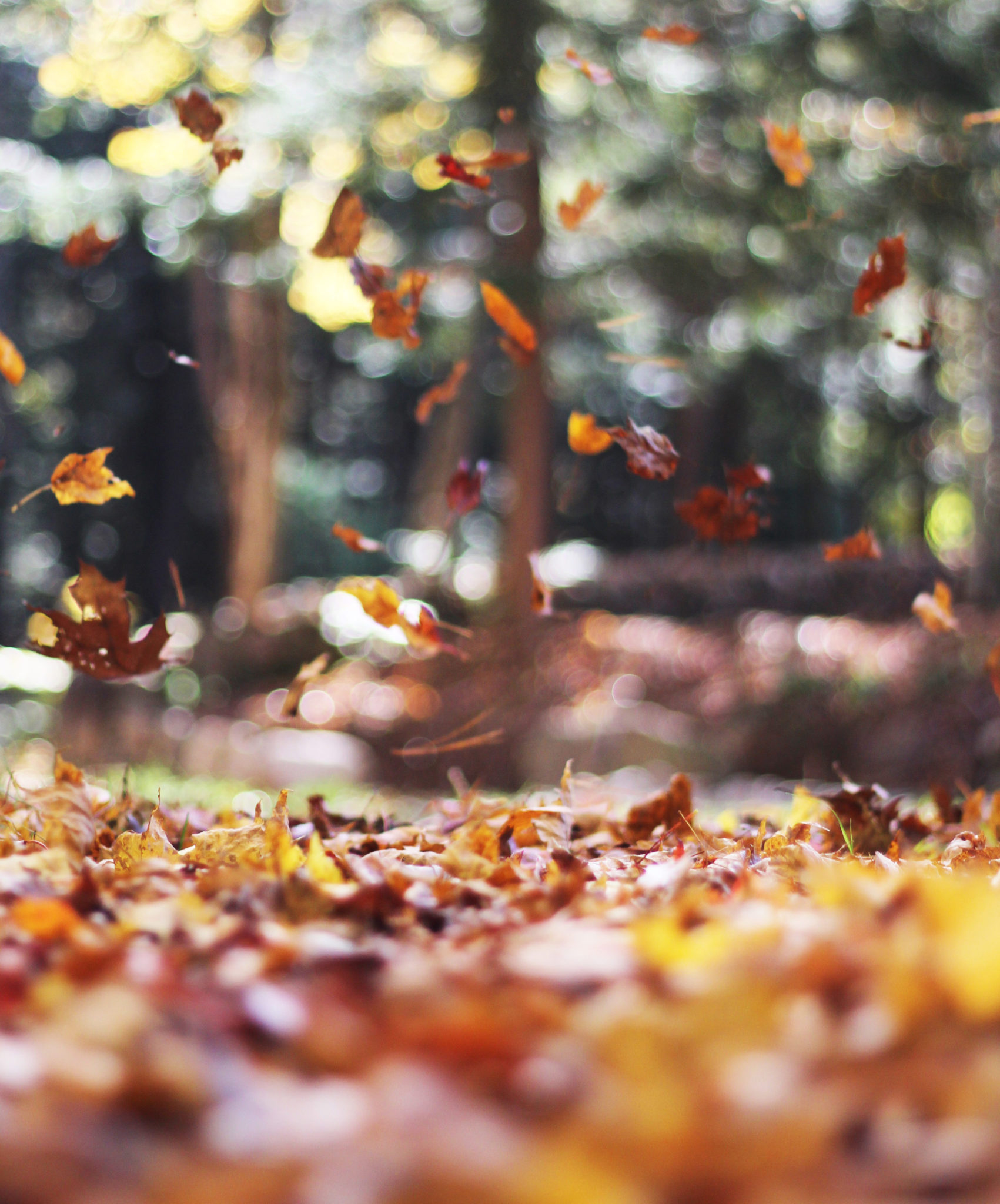By collecting fallen leaves and other garden and household waste, you can make vital nourishment for your plants without spending a cent.
One of the best ways to keep plants lush and healthy is literally on your own doorstep. Especially in autumn when there’s an abundance of fallen leaves, using them is a great way to make compost. Composting food and garden waste reduces the amount of refuse in landfill sites and results in organic food for your plants that costs you nothing.
“The average household produces about 60kg of wet waste per month, which is made up of grass cuttings, leaves, veggie and food scraps,” says Stuart Lindley of waste solutions company Green Genie. It’s a pity to waste it, so why not start your own compost heap and do your bit for the environment and your garden?

What to compost?
Garden waste: Grass cuttings are high in nitrogen and fallen leaves are a good source of carbon. Leaves take a little longer to break down than general organic kitchen waste, but generate the best compost. You can also add twigs, dead flowers and those weeds that haven’t gone to seed.
Household waste: Egg boxes, egg shells, teabags, coffee grounds, veggie scraps, newspaper and firewood ash.
Don’t use: Cooked or raw meat, dairy products, citrus, animal faeces, diseased or insect-infested plants and plants that have been sprayed with chemicals.

How to compost
There are two options; using a compost bin available from hardware stores and garden centres or a heap in the corner of the garden.
Bins
“Position the bin directly on soil or grass as this allows insects, worms and other microorganisms to access the contents and assist in breaking down the waste,” explains Stuart. “It isn’t necessary to add water or an activating agent. There’s sufficient moisture in grass cuttings and food waste to create the right environment for microbes to work. If the contents look a little dry, a sprinkling of water will suffice. Turning the compost inside the bin on a regular basis is essential to ensure the microbes are evenly distributed. Use a stick or garden fork and give it a good mix once a week.”
After 3–6 months, the contents should start looking like a dark soil similar to garden soil – moist and with an earthy smell.
Heaps
Once you’ve chosen a suitable spot, simply begin a heap, or if you prefer, enclose it with bricks, plastic or wooden fencing. Start with small branches and twigs to create ventilation at the bottom of the pile then add garden and household waste – alternate layers of green (grass clippings, household waste) with brown (dry leaves, twigs, newspaper). Use more brown than green waste to prevent your compost from becoming wet and smelly. Keep the heap moist by watering when necessary.
To speed up the composting process, turn the heap once a month with a spade or fork to aerate it. After about six months, your compost should be dark brown, crumbly and ready to use.

Other methods
Worm farms
These are a great way to turn kitchen waste into organic garden food. “Known as vermiculture, the process involves feeding kitchen waste to worms,” explains Esther Bourke-Wright of Eco Worm Farms. “The worms then reward you with nutrient-rich vermicompost and organic vermitea – byproducts of worm castings – which can be used to feed soil and plants. Both are rich in microbes, good bacteria and enzymes.”
Bokashi
The bokashi composting method uses effective microorganisms (EM)-infused bran known as bokashi to quickly break down food through fermentation. “Add all kitchen waste, including cooked and uncooked meat, dairy and small bones to an airtight bokashi bin, layering it with bokashi. Once full, seal and leave for two weeks to complete fermentation. After fermentation is complete, you can trench the waste into the soil, feed to a worm farm, or compost in a heap/bin or bag,” says Rebecca Henderson of Earth Probiotic. The benefit of the bokashi method is that composting time is reduced to 8–12 weeks, and adding beneficial bacteria reduces odours during decomposition, improves the compost’s water retention and builds up disease resistance in plants.
Looking for garden inspiration? Visit Kirstenbosch Botanical Gardens.


